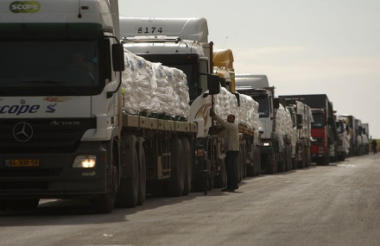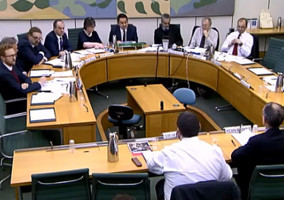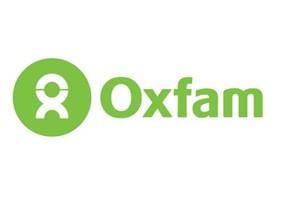As a result of scrutiny of those conducting aid work abroad which came about after allegations of sexual misconduct by Oxfam workers in Haiti, talk has now turned to the introduction of ‘humanitarian passports’.
This has been described by Bond, the umbrella body for international development organisations, as a “system of passporting, registration or accreditation of humanitarian and development practitioners”. The idea behind it is that all individuals working in international development would be registered showing they are suitable to work in that sector, and therefore could be quickly deployed, but also risk losing their license to work as a result of inappropriate behaviour.
This idea is not new, and has been hinted at for a number of years by several different aid agencies. However, as Winnie Byanyima, executive director of Oxfam International, said while giving evidence to the International development Select Committee earlier this week, progress was slow.
She said: “I would say all of us were slow at moving this. And now we realise that we have got to fast track it, and we are doing exactly that. We should be coming out with something soon.”
‘Comprehensive action plan’
As part of its “comprehensive action plan to stamp out abuse”, Oxfam said it was working with others through Bond, the umbrella body for international development organisations, to explore a system of passporting.
Bond has said it is one of its principles to prevent sexual exploitation in the sector, and said it will be: “Carrying out work, which is already underway in collaboration with DfID, the Charity Commission and global bodies, to explore a system of passporting, registration or accreditation of humanitarian and development practitioners which will be accelerated under the leadership of UK NGOs in the hope that it may influence the practice and standards of the global aid community”.
Save the Children is one organisation who has committed to this. It published its own proposals in response to allegations of abuse within the sector, which included the “introduction of mandatory humanitarian passports, which would ensure humanitarian workers are able to deploy rapidly but only if they carry all the necessary safeguarding accreditations”.
In a blog post on the charity’s proposals, Kevin Watkins, Save the Children’s chief executive said that “this system would prevent the deployment of those who had previously been reported to authorities,” which reportedly happened when an Oxfam employee was rehired just months after being fired from the organisation.
It said that a system would mean “any staff members reprimanded or dismissed for sexual harassment, bullying and a failure of protection are identified and cannot disappear back into the system”.
Save the Children said it is already working with InterPol to strengthen the criminal records system, globally. However, the charity’s director of child safeguarding, Steve Reeves, told the International Development Committee earlier this week that the system only works if “a small Ugandan orphanage can also afford that spend,” telling the committee that Save the Children had spent in excess of £100,000 on disclosure and barring (DBS) checks in the last year.
Last year Save the Children's chief information officer Karl Hoods told ITPro, a publication for IT professionals, that it had been piloting humanitarian passports using blockchain technology.
Jurisdiction
Oxfam’s Byanyima said that there are some issues with a global system that need to be ironed out. She said: “The big issue that was being raised was jurisdiction, that in some countries some of the offences in our code of conduct are legal, and then how do you for an employee expose them for breaching our code of conduct when they have not conducted any illegality.”
Mark Goldring, Oxfam’s chief executive, agreed with the need to go beyond current systems. He told the committee: “We need something that goes beyond the existence of that system [the DBS system] as it does with social workers and as it does with teachers. And that is what we may need parliamentary help with. And in the meantime we can get our own house in order by trying to build this humanitarian passport where you can give a positive endorsement, rather than just a negative mark.”
Watkins said that the “argument against the humanitarian passport system that us and a lot of agencies have advocated for, is that it would be terribly complicated and difficult to put in as we don’t have a global or multilateral framework to do so.” But he said his short answer to this is to “create one”.
He said: “It is clearly a complicated problem but the consequences of not doing it are monumental, leaving aside the reputational affects for agencies. So we have to tackle this. If we get this one area of regulatory activity wrong this whole house of cards comes crumbling.”
|
Related articles











